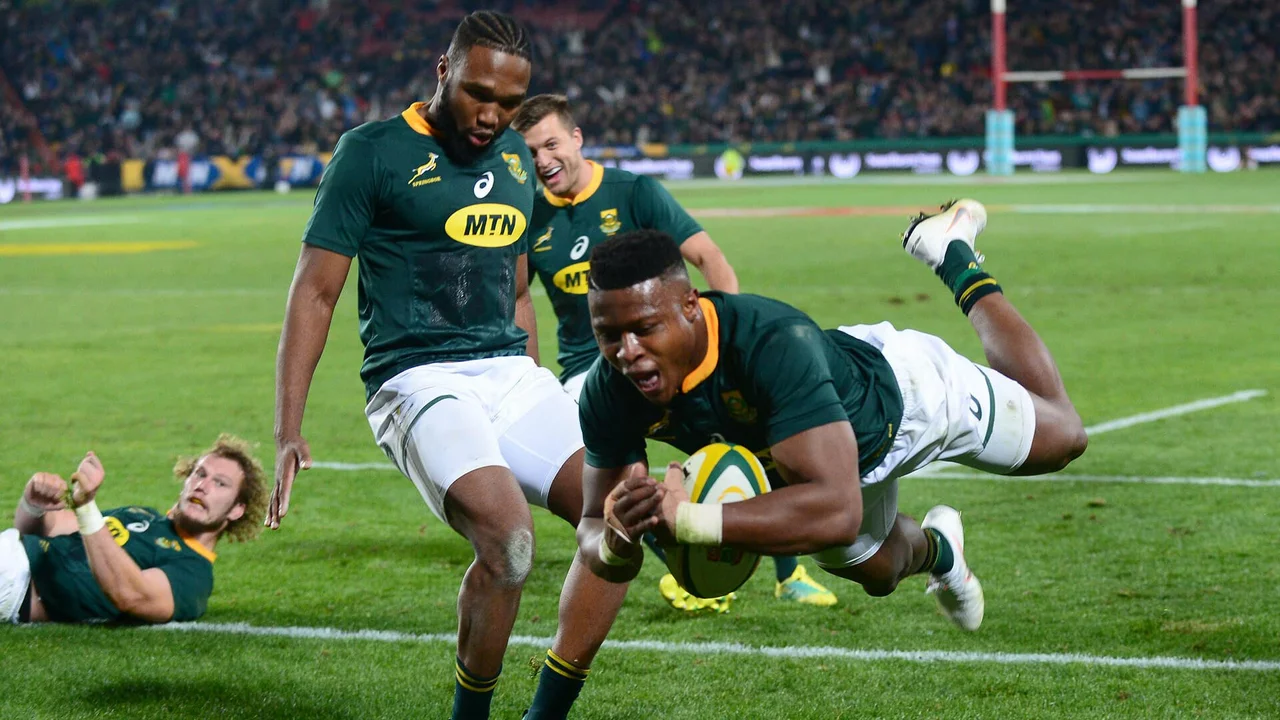How popular is rugby among black South Africans?
 Jul, 22 2023
Jul, 22 2023
The Historical Context of Rugby in South Africa
South Africa has a rich history with rugby. The sport was introduced to the country in the late 19th century by British colonists, and it quickly became a favorite pastime. But the sport was not always accessible to everyone. During apartheid, racial segregation laws prohibited black South Africans from participating in mainstream rugby leagues. Despite this, they formed their own leagues and continued to play the sport they loved.
With the end of apartheid in 1994, rugby became a symbol of unity for the country. The famous 1995 Rugby World Cup, hosted by South Africa and won by the national team, is a testament to this. However, the question remains: How popular is rugby among black South Africans today?
Rugby's Popularity Among Black South Africans Today
Rugby has grown significantly in popularity among black South Africans since the end of apartheid. The sport is no longer seen as an exclusive domain of the white population. Many black players have risen to prominence in the sport, inspiring others within their communities to take up rugby. It's now common to see a diverse mix of players on the field, a far cry from the homogenous teams of the past.
Despite this, there are still challenges to overcome. Access to resources and professional training is still an issue for many black players. However, initiatives are being put in place to combat these issues and ensure that rugby is accessible to all who wish to play.
Black Icons in South African Rugby
Black players have made significant contributions to South African rugby. Figures like Chester Williams, who was a part of the 1995 World Cup-winning team, and Siya Kolisi, the first black captain of the Springboks, South Africa's national team, have become icons in their own right. They have paved the way for other black players to follow in their footsteps and have challenged stereotypes about who can and cannot play rugby.
These figures are not just important for their sporting prowess but also for their ability to inspire and motivate others. They have shown that rugby is a sport for everyone, regardless of race or background.
Challenges and Opportunities for the Future
Despite the progress made, there are still challenges to overcome in ensuring that rugby is truly inclusive. These include improving access to resources, providing adequate training, and tackling lingering racial prejudices. However, these challenges also present opportunities for change and growth.
Organizations like the South African Rugby Union are working hard to promote racial diversity in rugby and ensure that the sport is accessible to all. With the right support and resources, there is no doubt that the popularity of rugby among black South Africans will continue to grow.
Community Initiatives and Youth Development
A significant part of promoting rugby among black South Africans is through community initiatives and youth development programs. These initiatives aim to nurture young talent and provide them with the resources and training they need to succeed.
Programs like the Vuka Rugby programme and the Connect Sports Academy are making a real difference in communities across South Africa. They provide young players with the opportunity to learn rugby skills, while also focusing on personal development and education.
Conclusion: The Place of Rugby in a Changing South Africa
Rugby holds a unique place in South African society. It's a sport that has been used to both enforce and challenge racial boundaries. Today, while challenges still exist, rugby is becoming more inclusive and diverse, reflecting the changing face of South Africa itself.
The popularity of rugby among black South Africans is on the rise, helped by inspiring role models, growing community initiatives, and a commitment to making the sport accessible to all. With continued efforts, rugby will continue to play a significant role in South Africa's journey towards racial equality and unity.